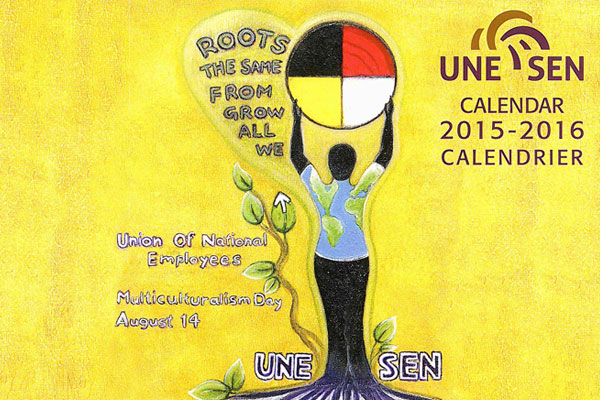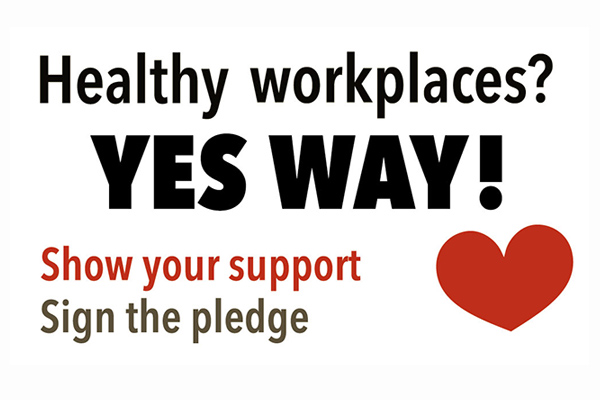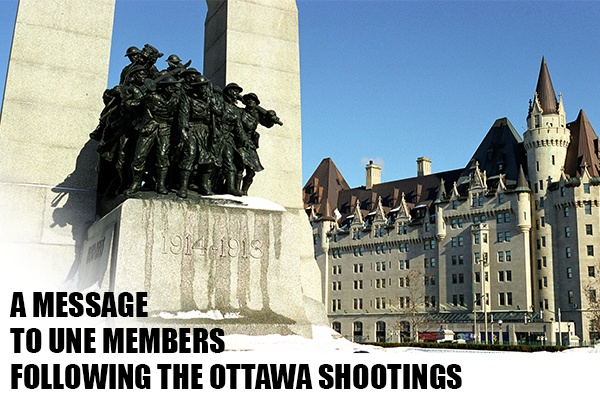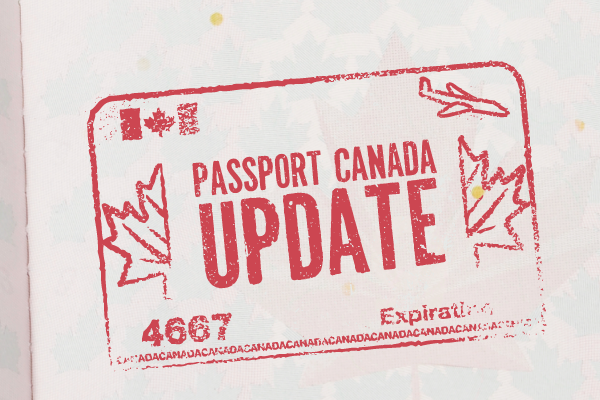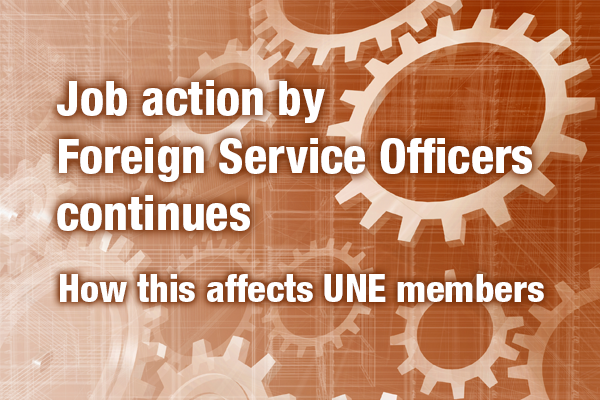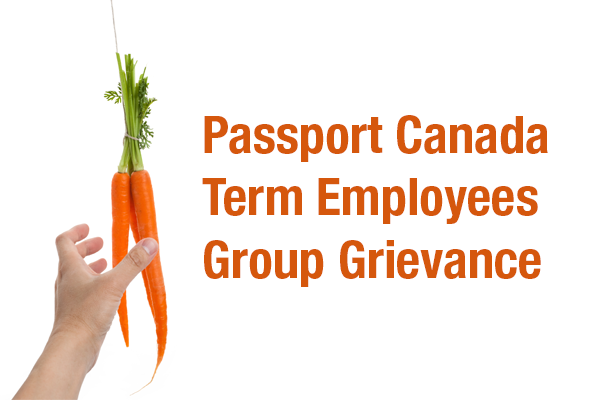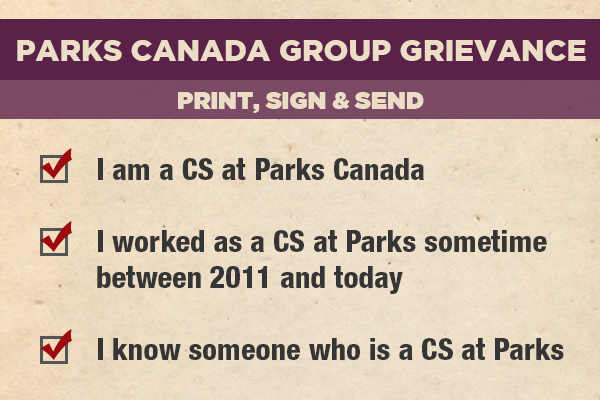
International Day of the World’s Indigenous People is August 9 – we’ll feature a different article on that day, but in the meantime, given the urgent nature of what we’ve learned, we’re kindly asking you to take action to protect the Matsés and uncontacted tribes of Peru by supporting the work of Survival International.
We’ve featured the great work of Survival International on this website before. In Canada, the organization has advocated on behalf of the Innu Nation, who are still reeling from the effects of colonialist attitudes.
But, Survival International is indeed a global organization – and one that advocates on behalf of tribal people everywhere.
“We really want people to understand and respect that tribal people should be free to make their own choices about their land and the way they live,” explained Survival International Spokesperson Kayla Wieche. “We help them protect their lives, land and human rights.”
Tribal societies around the world are facing many threats: theft of land, violence and racism, resource extraction and the inevitable contamination of land resulting from that activity.
Thus, Survival International’s position is that companies must refrain from working on tribal peoples’ lands unless they have their free, prior and informed consent.
“The tribal people have to agree with what they’re doing and they have to be fully informed,” said Wieche. “And if they don’t want companies to work on their lands or they don’t want loggers to take their forests, then they have the right to say no.”
It’s precisely this type of encroachment – from the logging industry and oil exploration – that is so damaging for tribal people – especially in the case of uncontacted tribes.
In 2008, Survival International was thrown into the spotlight when it released some amazing photos of isolated tribes – tribes that have no contact with industrialized societies.
“People were just so… taken by the idea that there were still isolated peoples throughout the world.”
But just because they live outside mainstream society doesn’t mean they don’t know about the industrialised societies, Wieche cautions.
“Most of the time, especially in the Amazon, these people have suffered real wrongs at the hands of industrialized society. They do not want to participate in it.”
“It’s a real conscious choice.”
According to Survival International, 90% of the Indian population in western Amazonia was wiped out during the 19th century rubber boom. Even today, contact with industrialized societies would be devastating for these tribal people.
“They don’t have immunities to the cold or the flu – and that can and does wipe out about half of uncontacted populations when they encounter people from industrialized societies.”
And a threat to those very communities has a home in Canada: a Canadian-Columbian company called the Pacific Rubiales Energy Corporation. It’s listed on the Toronto Stock Exchange as PRE.
“They’re exploring for oil on a block of land that is located on a proposed uncontacted tribe’s reserve,” said Wieche.
The nearby Matsés people believe that these uncontacted people are their relatives and that they’re living in the land that is being explored by Pacific Rubiales.
Survival International is calling on the energy company to stop oil exploration on that land. They also have oil exploration planned for the contacted Matsés’ land.
“Already, they’re doing seismic testing.They have helicopters flying over the area and it’s really disrupting the tribe’s way of life. It’s scaring away animals,” said Wieche. “It’s really jarring.”
The Matsés have appealed to Pacific Rubiales’ shareholders to divest from the company if they decide to continue to explore on the territory.
“We’re asking people to write to Pacific Rubiales,” said Wieche. She added that people should also call on the Peruvian government to cancel their contract with the energy giant.
You can learn more about this – and take action – on Survival International’s website.

